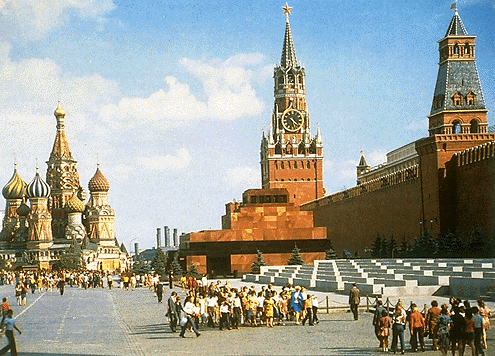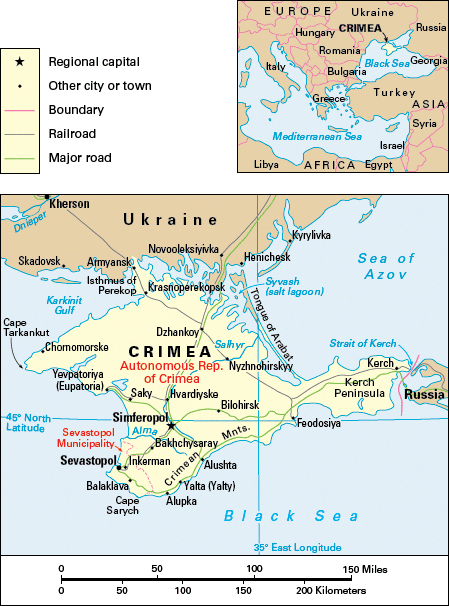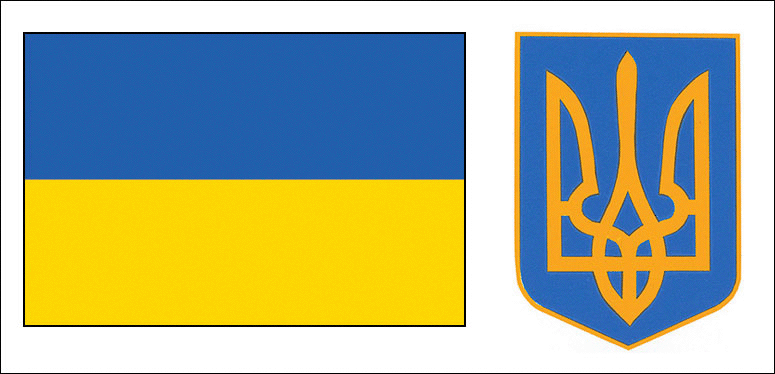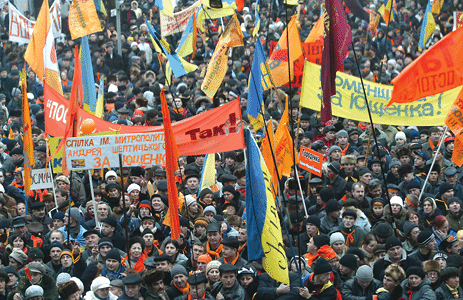Ukraine Elects New President
Tuesday, May 27th, 2014May 27, 2014
Pro-European candidate Petro Poroshenko was officially declared the winner yesterday in the first presidential elections held in Ukraine since Viktor Yanukovych was ousted in February in a popular uprising. Poroshenko took 54 percent of the vote, compared with former Prime Minister Yulia Tymoshenko’s 13.1 percent. Claiming victory, Poroshenko vowed that he would not allow eastern Ukraine to be turned into Somalia–that is, a lawless state overrun by terrorists and pirates: “The antiterrorist operation [in eastern Ukraine] cannot and should not last two or three months. It should and will last hours.” A 48-year-old billionaire, Poroshenko declared after Sunday’s election that the majority of Ukrainians had given him a mandate to continue a course of integration with Europe. However, his first priority was to travel to eastern Ukraine to tackle the “war and chaos caused by pro-Russian separatist rebels.”
This morning, Ukraine’s interior ministry reported that the army was once again in full control of the airport in the eastern city of Donetsk. An attempt yesterday by pro-Russian separatists to take over the airport was met with army air strikes and an assault by heavily armed troops. A series of bloody clashes left at least 30 rebels dead. A BBC correspondent in Ukraine suggested that the attempt to seize the airport may have been intended to prevent Poroshenko from landing there after he declared his intention of personally going to eastern Ukraine to deal with the uprising.
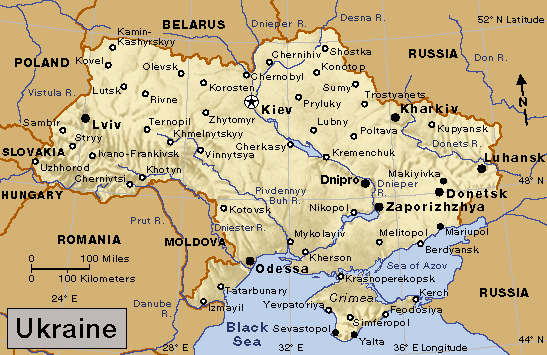
Pro-Rusian separatists yesterday unsuccessfully attempted to gain control of the airport in Donetsk, the largest city in eastern Ukraine. The attack may have been an effort to keep Ukraine's new president, Petro Poroshenko, from landing there in his attempt to unify the nation. (World Book map; map data © MapQuest.com, Inc.)
International affairs experts noted that the election, which was billed at the most important since Ukraine separated from Russia 23 years ago, went off with a minimum of violence and disturbances at polling places.
For additional information on the Ukrainian crisis, search Ukraine articles under Archived Stories.
Additional World Book article:
- Russia in the Post-Soviet World (a special report)
- Ukraine 2013 (a Back in Time article)

